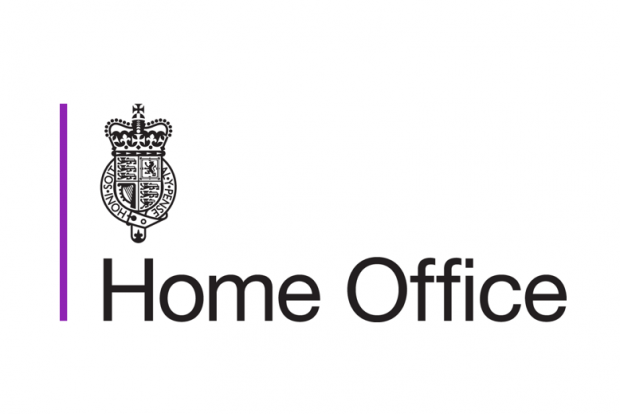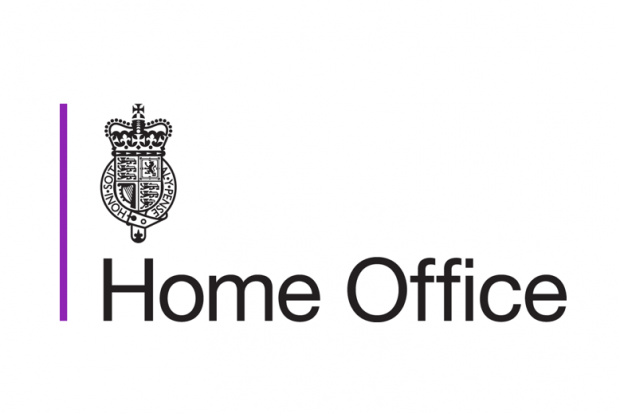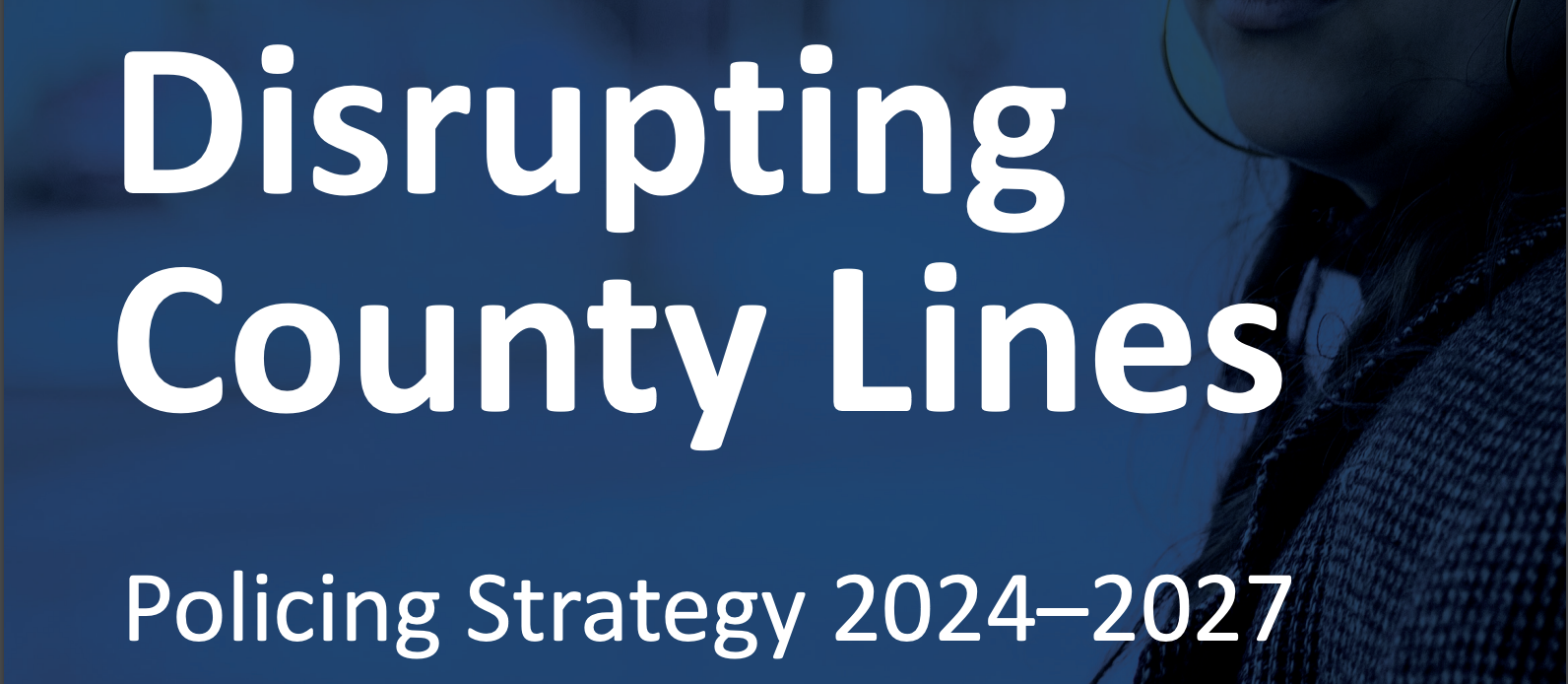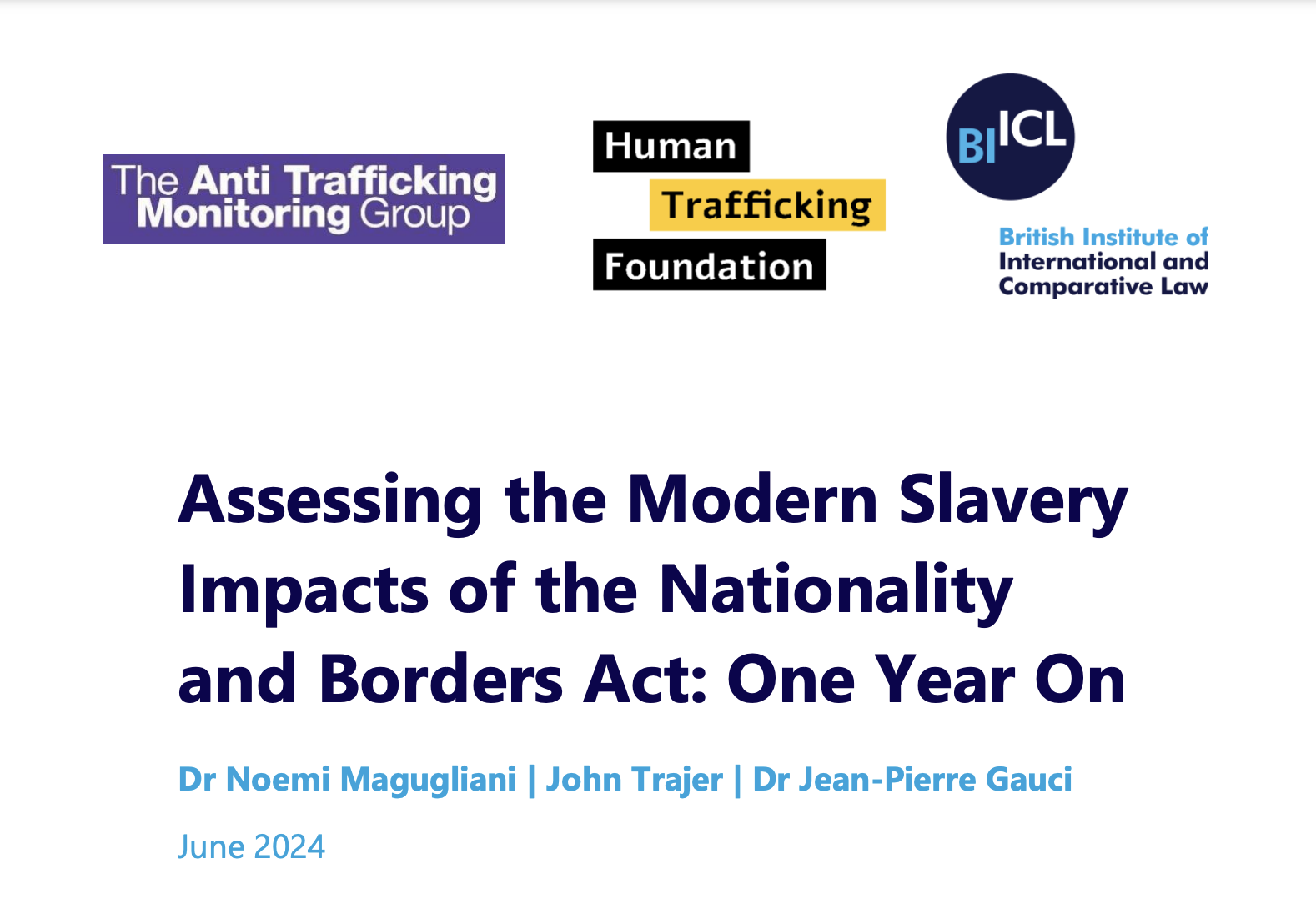
Results from the third quarter (July to September) of 2025 show an ever steeper upward trend in referrals to the National Referral Mechanism and the Duty to Notify process. Both statistics show record numbers of potential victims of modern slavery in the United Kingdom. Key results from the Home Office offical statistics are:
- 6,414 potential victims of modern slavery were referred to the Home Office from July to September 2025, representing a 13% increase compared to the previous quarter (5,689) and a 35% increase from July to September 2024 (4,752)
- the number of referrals received this quarter is the highest number of referrals received in a single quarter since the NRM began in 2009
- 81% (5,165) were sent to the Single Competent Authority (SCA) for consideration and 19% (1,249) to the Immigration Enforcement Competent Authority (IECA)
- the most common nationalities referred this quarter were UK (20%; 1,312), Eritrean (16%; 1,044) and Somali (10%; 662)
- this was the highest number of referrals for UK, Eritrean and Somali nationals in a quarter since the NRM began
- 112 disqualification requests were made this quarter, representing a 50% increase compared to the previous quarter (56)
- 6,470 reasonable grounds and 6,708 conclusive grounds decisions were issued this quarter; of these, 64% of reasonable grounds and 68% of conclusive grounds decisions were positive
- the number of conclusive grounds decisions issued this quarter was the highest in a quarter since the NRM began
- the number of cases awaiting a conclusive grounds decision continues to fall, with 9,107cases awaiting a decision at the end of September 2025, a reduction of 21% from the previous quarter (11,645) and a reduction of 69% from the peak at the end of 2022 (29,275)
- the average age of cases awaiting a conclusive grounds decision at the end of June 2025 was 141 days, as compared to 304 days at the end of the previous quarter
- the Home Office received 2,001 reports of adult potential victims via the DtN process, the highest in a single quarter since the DtN began
See the full Home Office report for offical statistics here.

Results from the second quarter (April-June) of 2025 show a continued upward trend in referrals to the National Referral Mechanism. This quarter exceeds the first quarter for record numbers. Key results from the Home Office offical statistics are:
- 5,690 potential victims of modern slavery were referred to the Home Office from April to June 2025, representing a 7% increase compared to the previous quarter (5,295) and a 32% increase from April to June 2024 (4,312)
- the number of referrals received this quarter is the highest number of referrals received in a single quarter since the NRM began in 2009
- 75% (4,251) were sent to the Single Competent Authority (SCA) for consideration and 25% (1,439) to the Immigration Enforcement Competent Authority (IECA)
- the most common nationalities referred this quarter were UK (23%; 1,286), Eritrean (11%; 641) and Vietnamese (11%; 599)
- this was the highest number of referrals for UK and Eritrean nationals in a quarter since the NRM began
- 5,895 reasonable grounds and 5,712 conclusive grounds decisions were issued this quarter; of these, 58% of reasonable grounds and 61% of conclusive grounds decisions were positive
- the number of conclusive grounds decisions issued this quarter was the second-highest in a quarter since the NRM began, second only to the record of the previous quarter
- the number of cases awaiting a conclusive grounds decision continues to fall, with 11,645 cases awaiting a decision at the end of June 2025, a reduction of 17% from the previous quarter (14,033) and a reduction of 60% from the peak at the end of 2022 (29,275)
- the average age of cases awaiting a conclusive grounds decision at the end of June 2025 was 304 days, as compared to 474 days at the end of the previous quarter
- the Home Office received 1,772 reports of adult potential victims via the DtN process, the second-highest in a quarter since the DtN began and behind only the record from October 2024 to December 2024 (1,800)
See the full Home Office report for offical statistics here.

After the highest recorded numbers of potential victims of modern slavery were referred to the National Referral Mechanism (NRM) in 2024, statistics from the first quarter in 2025 show this trend continuing. In 2024 there was an increase of 13% of referrals from 2023. Annually in 2024, 19,125 people were referred to the NRM.
This summary is pulled from the Home Office Official Statistics on Modern Slavery for the first quarter in 2025 (January to March). It includes key facts and findings regarding the numbers of potential victims of modern slavery referred into the NRM or via the Duty to Notify (DtN) process.
- 5,297 potential victims of modern slavery were referred to the Home Office from January to March 2025, representing a 4% decrease compared to the previous quarter (5,538) and a 17% increase from January to March 2024 (4,517)
- the number of referrals received this quarter is the second-highest since the NRM began in 2009, behind only the record in the previous quarter
- 72% (3,826) were sent to the Single Competent Authority (SCA) for consideration and 28% (1,471) to the Immigration Enforcement Competent Authority (IECA)
- the most common nationalities referred this quarter were UK (23%; 1,210), Vietnamese (12%; 645) and Eritrean (10%; 553)
- this was the highest number of referrals for UK and Vietnamese nationals in a quarter since the NRM began
- this was the first quarter since the start of the NRM data series in 2014 that Albanian nationals were not in the top 3 most referred nationalities
- 5,239 reasonable grounds and 5,833 conclusive grounds decisions were issued this quarter; of these, 53% of reasonable grounds and 58% of conclusive grounds decisions were positive
- the number of conclusive grounds decisions issued this quarter was the highest in a quarter since the NRM began, representing a 12% increase on the record in the previous quarter (5,253)
- the number of cases awaiting a conclusive grounds decision continues to fall, with 14,033 cases awaiting a decision at the end of March 2025, a reduction of 18% from the previous quarter (17,168) and a reduction of 52% from the peak at the end of 2022 (29,275)
- the average age of cases awaiting a conclusive grounds decision at the end of March 2025 was 460 days, as compared to 630 days at the end of the previous quarter
- the Home Office received 1,609 reports of adult potential victims via the DtN process, the second-highest in a quarter since the DtN began and behind only the record in the previous quarter (1,800)
See the full Home Office report here.

Statistics for the National Referral Mechanism in the UK, for fourth quarter in 2024 (October to December) includes a summary and breakdown of the number of potential victims of modern slavery referred into the (NRM) or via the Duty to Notify (DtN) process.
- 5,540 potential victims of modern slavery were referred to the Home Office from October to December 2024, representing a 17% increase compared to the previous quarter (4,755) and a 34% increase from October to December 2023 (4,131)
- the number of referrals received this quarter is the highest in a quarter since the NRM began in 2009, overtaking the record in the previous quarter
- the most common nationalities referred this quarter were UK (20%; 1,113), Eritrean (11%; 632) and Albanian (11%; 605)
- this was the highest number of referrals for Eritrean nationals since the NRM began, overtaking the record in the previous quarter
- 5,733 reasonable grounds and 5,243 conclusive grounds decisions were issued this quarter; of these, 49% of reasonable grounds and 61% of conclusive grounds decisions were positive
- there were 17,168 cases which have been issued a positive reasonable grounds decision and are awaiting a conclusive grounds decision, as of the end of December 2024
- the Home Office received 1,800 reports of adult potential victims via the DtN process, the highest in a quarter since the NRM began in 2015 and a 19% increase from the previous record in the period from July to September 2024 (1,501)
See the full Home Office report here.

Statistics for the National Referral Mechanism in the UK, for third quarter in 2024 (July to September) includes a summary and breakdown of the number of potential victims of modern slavery referred into the (NRM) or via the Duty to Notify (DtN) process.
Key results:
- 4,758 potential victims of modern slavery were referred to the Home Office from July to September 2024, representing a 10% increase compared to the previous quarter (4,312) and a 15% increase from July to September 2023 (4,132)
- the number of referrals received this quarter was the highest since the NRM began in 2009, a slight increase from the previous record in the period from January to March 2023 (4,742)
- 87% (4,127) were sent to the Single Competent Authority (SCA) for consideration and 13% (631) to the Immigration Enforcement Competent Authority (IECA)
- the most common nationalities referred this quarter were UK (23%; 1,092), Albanian (11%; 523) and Vietnamese (11%; 514)
- 4,953 reasonable grounds and 5,188 conclusive grounds decisions were issued this quarter; the number of conclusive grounds decisions issued was the highest for any quarter since the NRM began, representing a 35% increase from the previous record in the period from January to March 2024 (3,838)
- 50% of reasonable grounds (2,500) and 52% of conclusive grounds decisions (2,705) were positive
- the Home Office received 1,501 reports of adult potential victims via the DtN process, the highest in a quarter since the DtN began in 2015 and a 6% increase from the previous record in the period from January to March 2023 (1,420)
See the full Home Office report here.

Statistics for the National Referral Mechanism in the UK, for second quarter in 2024 (April to June) includes a summary and breakdown of the number of potential victims of modern slavery referred into the (NRM) or via the Duty to Notify (DtN) process.
Key results:
- 4,316 potential victims of modern slavery were referred to the Home Office from April to June 2024, representing a 5% decrease compared to the period from January to March 2024 (4,521) and a 8% increase from April to June 2023 (3,992)
- 73% (3,142) of potential victims were male and 27% (1,167) were female; this was the second highest quarterly number of referrals for females since the NRM began
- 82% (3,521) of referrals were sent to the Single Competent Authority (SCA) for consideration and 18% (795) to the Immigration Enforcement Competent Authority (IECA)
- the most common nationalities referred this quarter were UK (26%; 1,135), Albanian (13%; 574) and Vietnamese (13%; 558)
- 4,515 reasonable grounds and 3,126 conclusive grounds decisions were issued this quarter; of these, 53% of reasonable grounds and 64% of conclusive grounds decisions were positive
- the Home Office received 1,172 reports of adult potential victims via the DtN process, representing a 4% increase compared to the period from January to March 2024
See the full Home Office Report here.

The strategy report Disrupting County Lines: Policing Strategy 2024-2027 has been released by the National Police Chief Counsel (‘NPCC’), with the National County Lines Co-Ordination Centre (‘NCLCC’). Modern slavery and human trafficking within the UK often occurs across County Lines related to illicit drug trade, which means a coordinated response is required by police forces and first responders to identify victims of exploitation. Individuals recruited to sell drugs are often vulnerable adults or minors, who need to be identified as victims of criminality and reported to the National Referral Mechanism (NRM). Most children involved in County Lines are between 15-17, however some are younger. The strategy pulls on recent statistics from the NRM whereby 11% of referrals were involved with County Lines. The strategy to disrupt County Lines was initiated in 2019, since which 5,000 drug lines have been closed. Furthermore, the strategy aims to:
- Prevent people engaging in County Lines, and the associated violence and exploitation.
- Proactively safeguard children and vulnerable adults from harm.
- Better prepare communities by building resilience against the harms of County Lines.
- Relentlessly pursue offenders, including Organised Criminal Groups, Urban Street Gangs and individuals running County Lines.
See here for the full report Disrupting County Lines: Policing Strategy 2024-2027.

Statistics for the National Referral Mechanism in the UK, for first quarter in 2024 (January to March) includes a summary and breakdown of the number of potential victims of modern slavery referred into the (NRM) or via the Duty to Notify (DtN) process.
Key Results:
- 4,524 potential victims of modern slavery were referred to the Home Office from January to March 2024, representing a 9% increase compared to the period from October to December 2023 (4,134) and a 5% decrease compared to the period from January to March 2023 (4,738)
- 73% (3,291) of potential victims were male and 27% (1,226) were female; this is the highest quarterly number of referrals for females since the NRM began
- 80% (3,628) of referrals were sent to the Single Competent Authority (SCA) for consideration and 20% (896) to the Immigration Enforcement Competent Authority (IECA)
- the most common nationalities referred this quarter were UK (24%; 1,105), Albanian (17%; 791) and Vietnamese (11%; 493)
- 5,161 reasonable grounds and 3,893 conclusive grounds decisions were issued this quarter; of these, 55% of reasonable grounds and 48% of conclusive grounds decisions were positive
- the number of reasonable grounds decisions and conclusive grounds decisions issued by the competent authorities were both at their highest for a quarter since the NRM began
- the Home Office received 1,125 reports of adult potential victims via the DtN process
See the full Home Office Report here.
The National Referral Mechanism (NRM) is the United Kingdom’s system that identifies potential victims of modern slavery. Annual statistics for 2023, as well as the 4th quarter October – December 2023 have been released in March 2024. The increases in referrals to the NRM are likely due to increased awareness of modern slavery, as well as potential increases in exploitation. Major findings detail:
4th Quarter, October – December 2023
- 4,142 potential victims of modern slavery were referred to the Home Office, a similar number to the previous quarter (4,131) and a 6% decrease from the same quarter in 2022 (4,413).
- The most common nationality referred in the quarter were UK nationals (27%; 1,139). Albanian nationals were the second most commonly referred with 802 referrals (19%), with Vietnamese nationals third with 268 referrals (6%).
- Of the 4,142 potential victims referred, 48% (1978) were potential victims who claimed to have been exploited when they were adults, whilst 47% (1,945) claimed to have been exploited when they were children. Of these, 75% (3,097) were male and 25% (1,041) were female.
- Regarding the type of exploitation most commonly seen amongst referrals, the highest proportion of referrals were for criminal exploitation only (28%; 1,172). For adult potential victims, labour exploitation was most commonly reported (34%; 680), whereas child potential victims were more commonly referred for criminal exploitation (43%; 844). Though referrals flagged as county lines partly drove the increase in referrals for children within the criminal exploitation category between 2020 to 2022 (average of over 550 referrals each quarter), in 2023, the number of referrals flagged fell to an average of around 390 each quarter.
Overall in 2023, 15,247 reasonable grounds and 9,825 conclusive grounds decision were made. Of these, 55% of RG decisions and 66% of CG decisions were positive. The number of CG decisions was the highest annual number made since the NRM began.
The full Home office report can be found here, Modern Slavery: National Referral Mechanism and Duty to Notify statistics UK, quarter 4 2023 – October to December.

This month, British Institute of International and Comparative Law, with Human Trafficking Foundation and the Anti-Trafficking Monitoring Group released a report to assess the impact of the UK Nationality and Borders Act. After passing in April 2022, the provisions relating to modern slavery came into effect in January 2023. The report examines impacts over the last year on decision making outcomes, people with lived experience of modern slavery, and on organisations in the modern slavery sector.
As detailed further in this report, the Nationality and Borders Act made critical changes to processes addressing Modern Slavery in the UK, including:
- new definitions of ‘victims’ of modern slavery and human trafficking
- changes to the definition of the ‘reasonable grounds’ decision within the National Referral Mechanism
- the introduction of a procedure to exclude modern slavery protections on grounds of public order and bad faith
See here for or the full report Assessing the Modern Slavery Impacts of the Nationality and Borders Act: One Year On.



